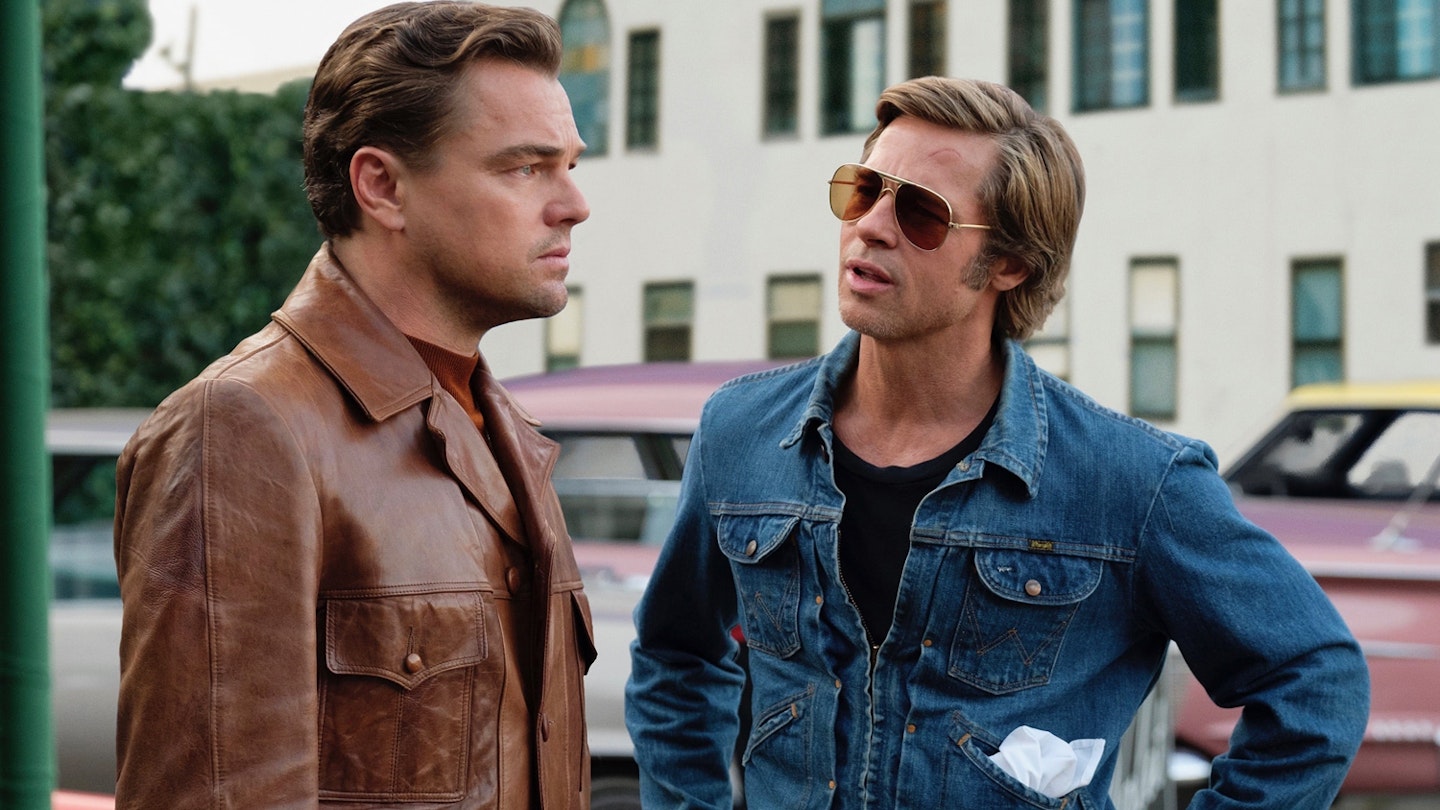In a brand new Empire Podcast episode__, we sat down with Quentin Tarantino for a deep-dive into his novelisation of Once Upon A Time In Hollywood – exploring the narrative choices, significant expansions, and character trajectories that play out on the page. Listen to the full interview here, and read below for extracts on the adaptation process – as published in the November 2021 issue.
———
As the master of the left-field plot turn, it takes a lot to surprise Quentin Tarantino. But the reaction to his first novel, Once Upon A Time In Hollywood, just about managed it.
“I have to say, particularly here in England, the reaction from the critics was pretty positive,” says Tarantino, talking to Empire in a hotel in London, where he’s come for a couple of days. “To tell you the truth, I thought given a chance to take a swing at me, that some of them wouldn’t miss the opportunity. But that has ended up not being the case. They seem to like it, and they’ve been encouraging. And starting on a new chapter of my career, I’ll take all the encouragement I can get!”
Tarantino’s adaptation of his own Oscar-winning screenplay is packed with surprises, broadening and enriching the characterisations of Rick Dalton and Cliff Booth, the feckless friends at the core of its languid look at life in Los Angeles towards the tail-end of the ’60s, while meddling enough with the narrative so that you don’t know what you’re going to get, in true Tarantino style. Here, he sheds light on some of the key choices and challenges of writing the novelisation.
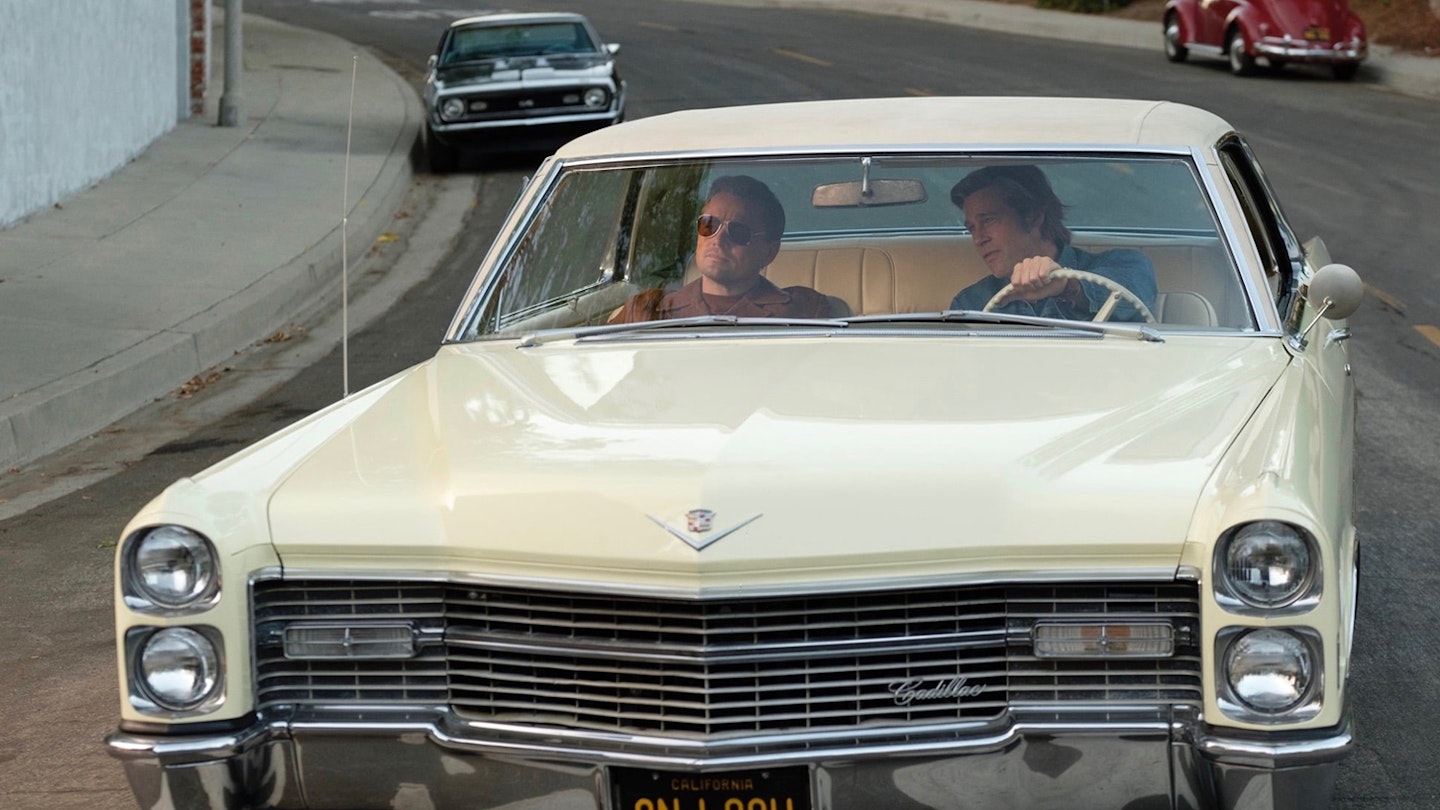
The approach
Even though he had a template, in the form of the film and his screenplay, he came at the book with a slightly more loose approach. “I hadn’t thought exactly how I was going to adapt it until it came time to write it,” he says. “I hope that I added more than just turning it into prose. I was very open. I had a nice structure, but then I’m hoping that my pen takes me and I create a whole thing. There’s a wealth of brand-new material that I had never written down. That’s in the book, and some stuff I came up with in the course of writing. And there are scenes that had actually existed in screenplay form, to one degree or another.”
The end
One of those is a new ending for the book, which we won’t give away here, but which is a conversation between Rick Dalton and the precocious young child actor Trudi Fraser (played in the film by Julia Butters). Tarantino had actually shot a version of that for the movie and, in fact, for a while brought the film’s third act to a close with that scene, while the sequence detailing the Manson Family’s attack on Rick and Cliff, and their equally swift and bloody response (which, of course, rewrote history, averting the events that led to the real-life massacre of Sharon Tate and her friends), was afforded slightly different treatment. “The night of the murders was the epilogue,” he explains. “I even had ‘epilogue’ pop up before it starts. But what we learned is, the night of the murders in August isn’t an epilogue. It’s the third act.”
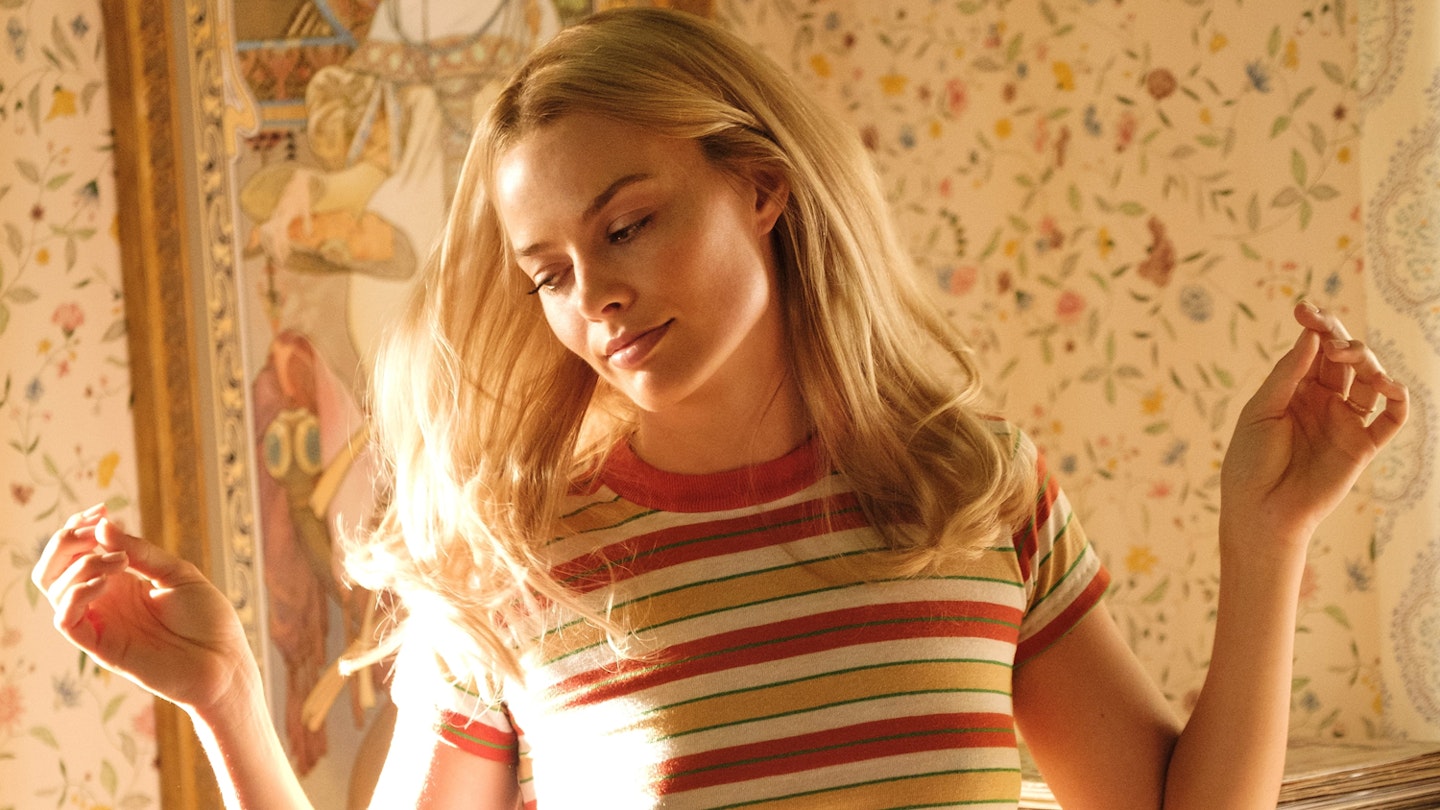
So Tarantino decided to shelve the scene with Dalton and Trudi. “There’s a reason why it’s not in the movie,” he says. “If you play that scene, that’s the end. You almost have to start the movie all over again.” For the book, though, he was keen to restore it. And, in perhaps the most Tarantino-ish touch in the whole affair, the end of the movie is here moved to the middle, and almost tossed away over a page-and-a-half. “I pretty much knew from the beginning that I wasn’t going to include the ending that’s in the movie,” he adds. “And that seemed to be the right time.”
The mystery of Cliff’s wife
One of the key ambiguities of the movie surrounds Cliff and the question of whether or not he did kill his wife. Tarantino expands on that considerably in the book, disclosing that Cliff has killed many people over his long life. One of whom was his wife, cut in half via shark gun. “With the book, you get to answer that question,” says Tarantino, who also then reveals what happened next. Namely that Cliff, filled with immediate remorse, essentially tries to hold his wife together until help arrives, during which time they talk, forgive, and even part on decent terms. It’s so wild that it feels like something only made possible in the book, but Tarantino believes he could have made it work. “[Special make-up effects studio] KNB would have figured it out,” he says. “I wouldn’t have done it CGI, that’s for damn sure. It would be macabre and grotesque and it might even be a little funny, like it is on the page. But that’s doable.”
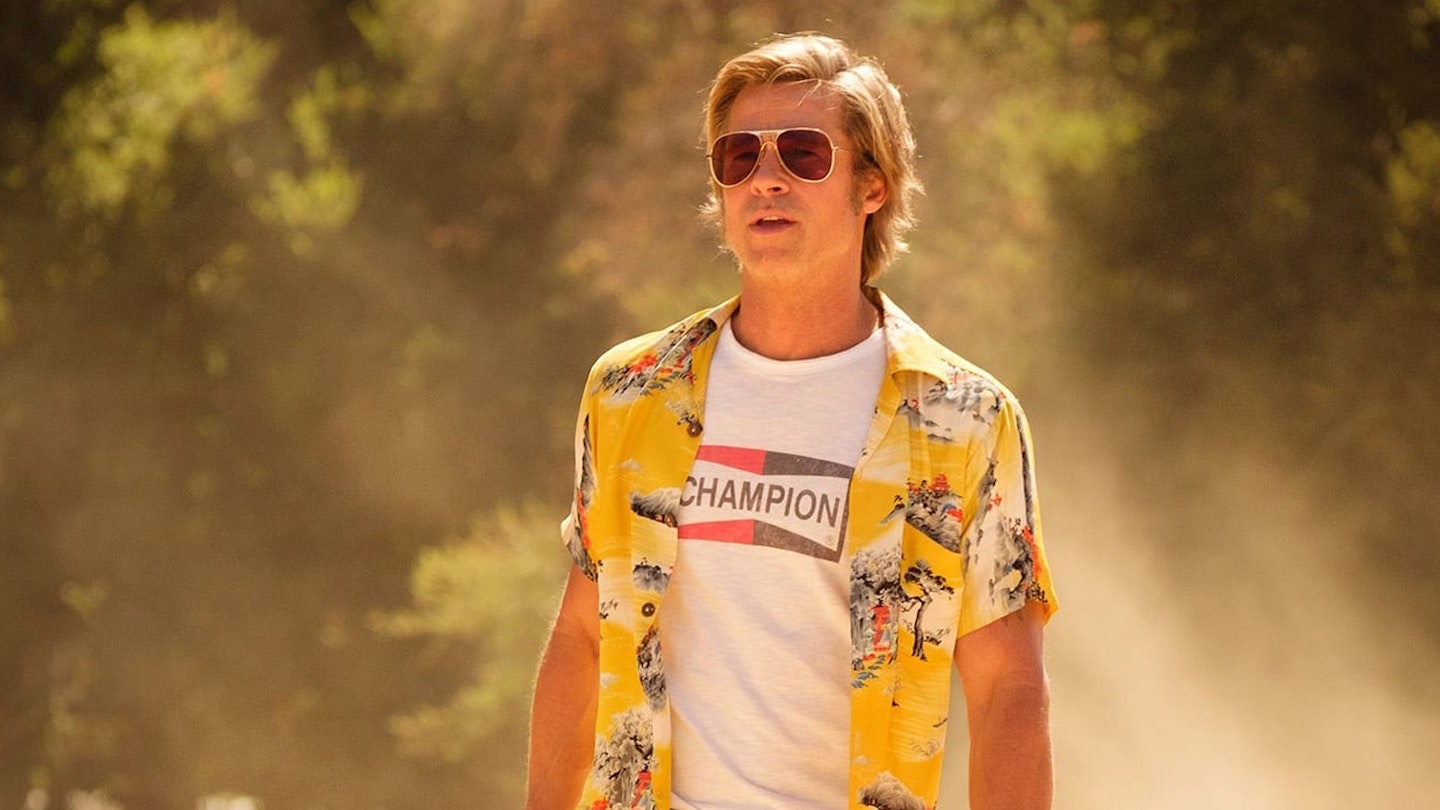
The redemption
One thing both film and book have in common is that Tarantino gives Rick Dalton, the self-obsessed, bipolar, alcoholic actor played in the film by Leonardo DiCaprio, a second shot at the big-time. In one scene, Tarantino even takes us on a brief tour through Dalton’s career after the events of the book. “You don’t know the half of it,” he says. “I figured it all out. You know two per cent, I’ve worked out the entire career. I know every episode of every TV show, I know the entire trajectory of his career. When he stopped, when he retired, everything.” Because a story that starts with “Once upon a time” needs a fairy-tale ending.
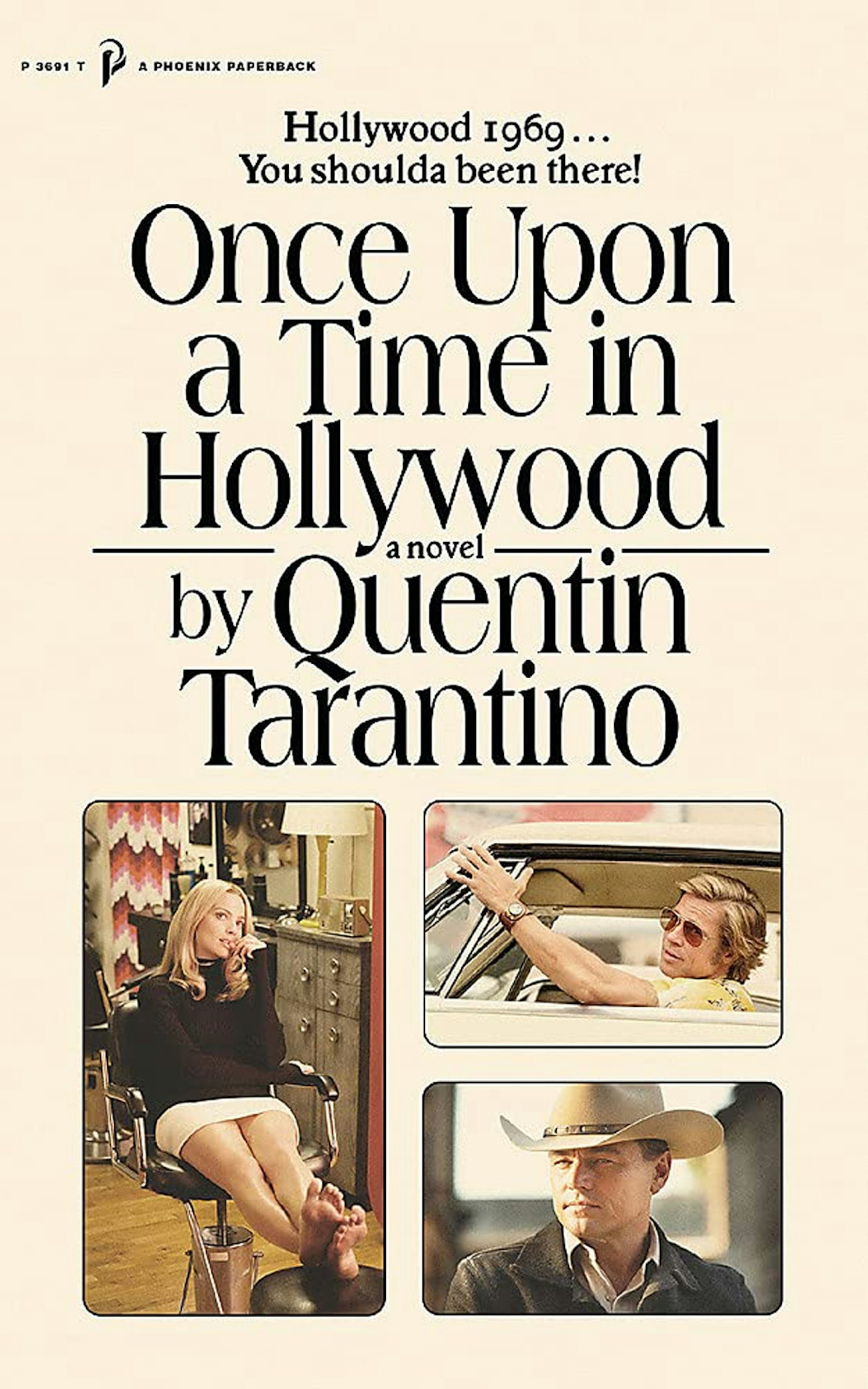
———
Listen to Empire’s full Quentin Tarantino interview now on the Empire Podcast – and listen to regular episodes arriving weekly on Fridays. The novel edition of Once Upon A Time In Hollywood is available now from all good book shops.
